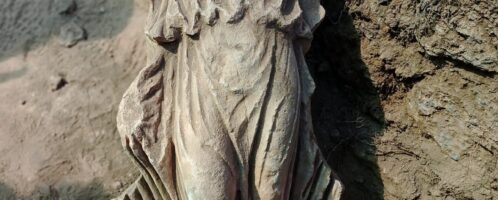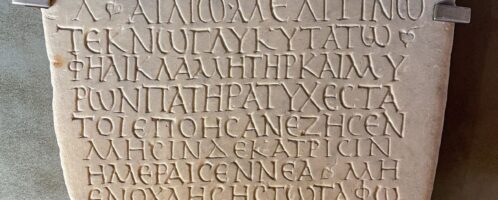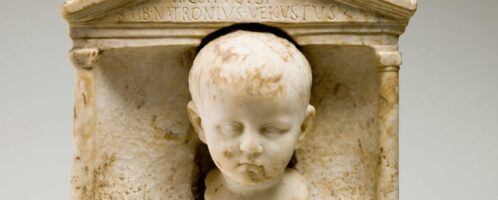Discovered statue of goddess Nike
In September 2023, in the ancient city of Syedra (southern Türkiye), a statue of the goddess Nike (Goddess of Victory) consisting of 35-40 fragments was discovered under a certain tomb. The statue is 83 cm high and dates back to the 2nd century CE.










